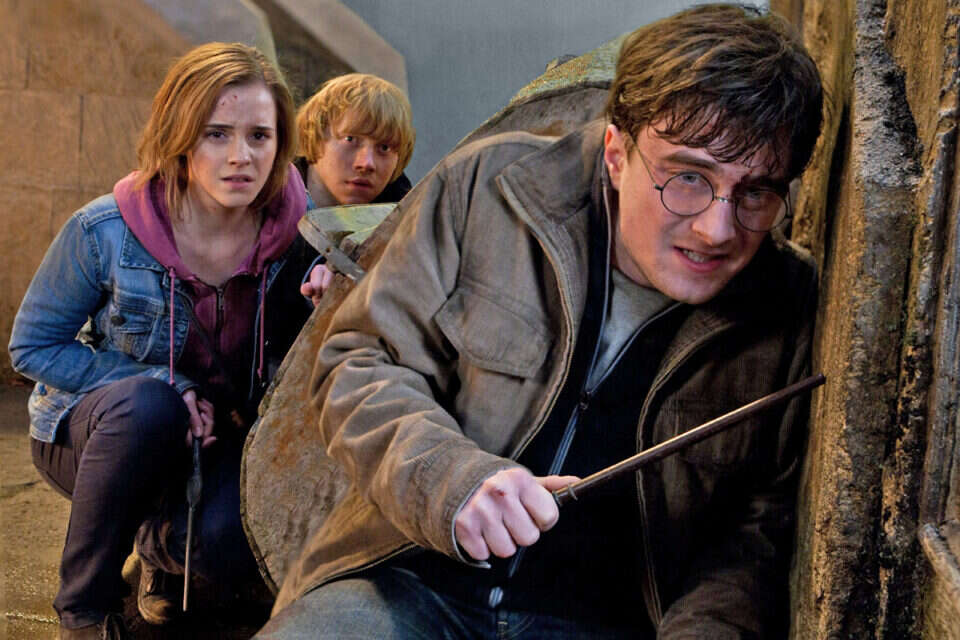Long before they became material for fiction in the modern era, witchcraft and alchemy occupied many people in the real world for years. A new book by Princeton University historian Anthony Grafton recently released a new book called Magnus, in which he explores how leading Renaissance thinkers also engaged in occult research, which they considered ways of understanding God and nature. We used Claude to understand what the book was about, and what the thinkers it was thinking about.
Grafton cites philosophers and mathematicians such as Johannes Trithmius, Marsilio Picino, Pico della Mirandola, and Heinrich Cornelius Agrippa, who analyzed mystical texts, studied astrology and even summoned angels. Contrary to what appears from the well-known cartoons of the alchemist Johann Georg Faust, these Christian scholars believed that cosmic harmonies and fundamental forces reflected the divine order—if interpreted correctly.
Pico declared that magicians learned yearnings not for power, but for self-improvement, while Agrippa wrote dense encyclopedias dealing with amulets, rituals, angelic hierarchies, etc. Although such subjects put them at risk of death accusations of heresy, efforts to uncover the hidden patterns of creation were primarily aimed at spiritual enlightenment.
This "high charm" sought the intellectual precision of theology. Students followed strict classical fathers, from Hermes Trismagistu to Zoroaster. They also examined sacred texts, such as the Torah, for the purpose of finding hidden wisdom, relying on searching for codes in the text and turning to the field of Kabbalah. Even architecture and codes had symbolic meaning.
Naturally, the Catholic Church carefully followed the development of this alternative faith. The popular imagination portrayed later occult sages as evil sorcerers confessing to demons—but the original Renaissance wizards operated largely in the spirit of devout Christianity, believing that philosophical inquiry and magic were intertwined.
Today, studies that reject modern rationalism seem foreign. However, Grafton reconstructs a lost world, where the unclear boundaries between science, faith and magic have led humanity to believe that vast invisible forces permeate existence. His work harks back to an earlier era when understanding life's deepest mysteries almost forced the pursuit of the secret spells of nature with the same intensity as philosophers interpret the physical laws of nature.
Wrong? We'll fix it! If you find a mistake in the article, please share with us

